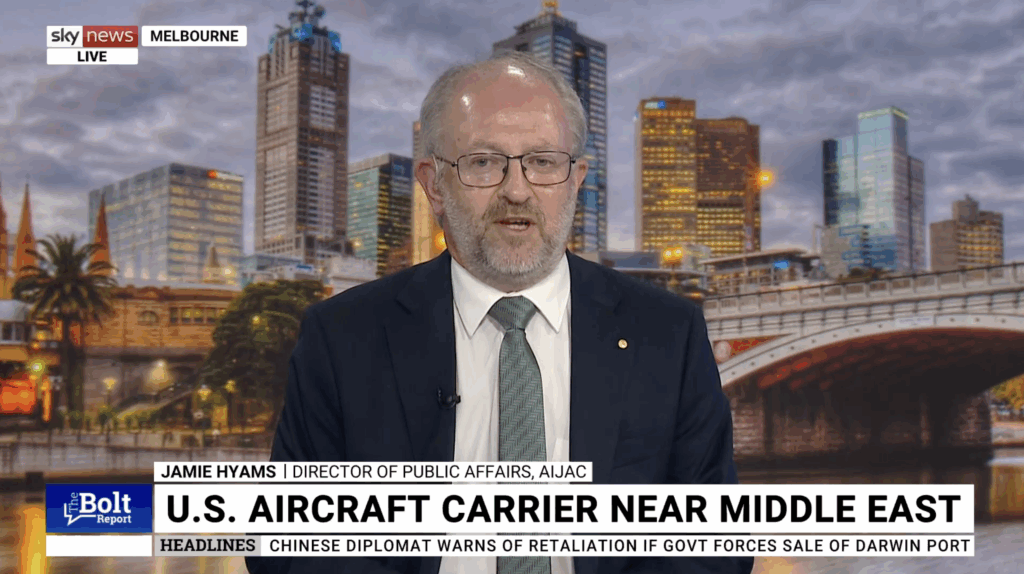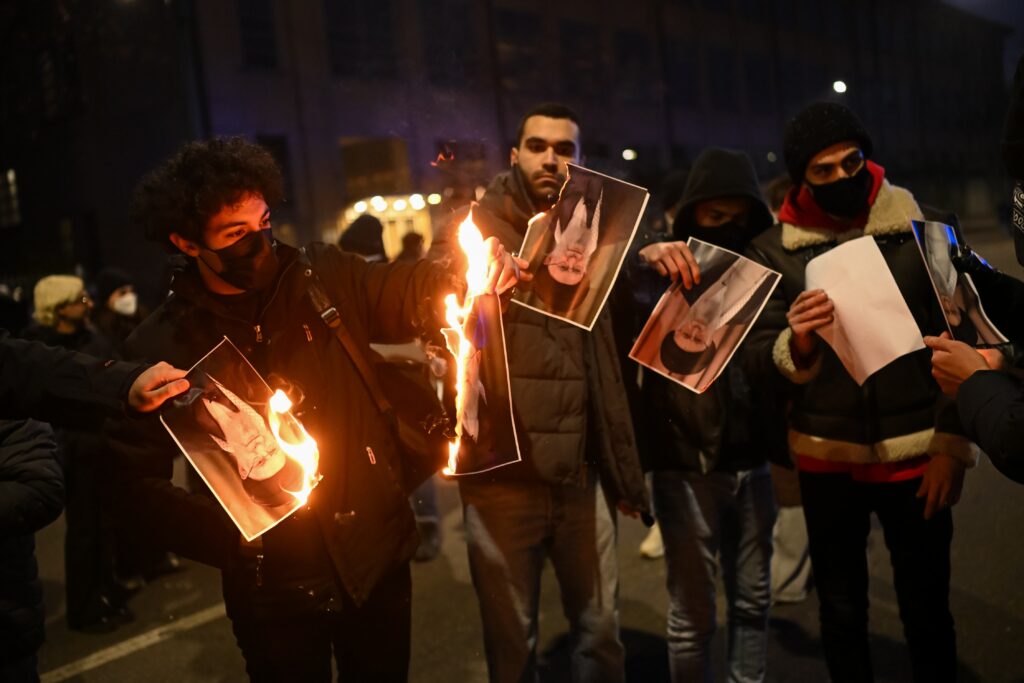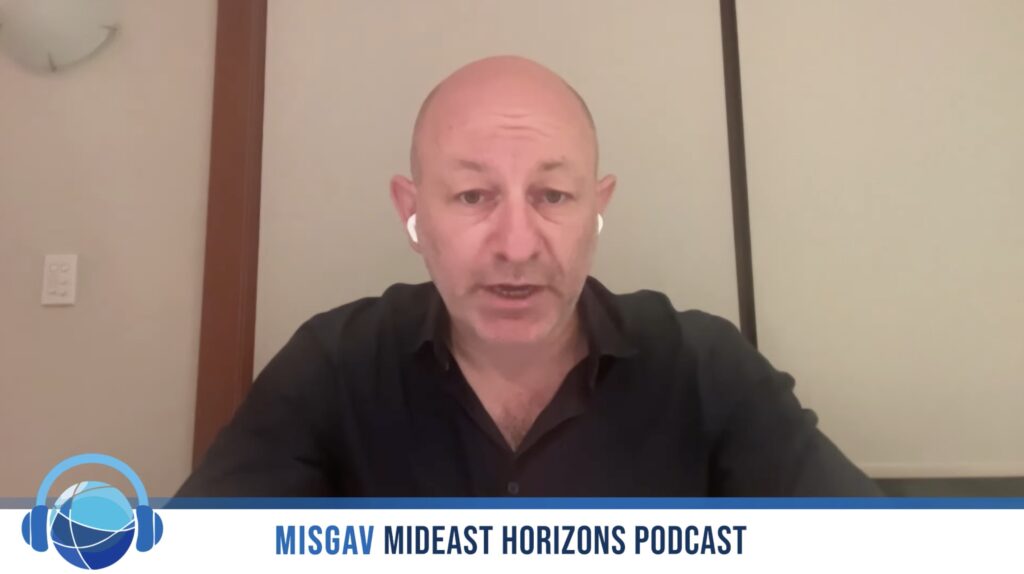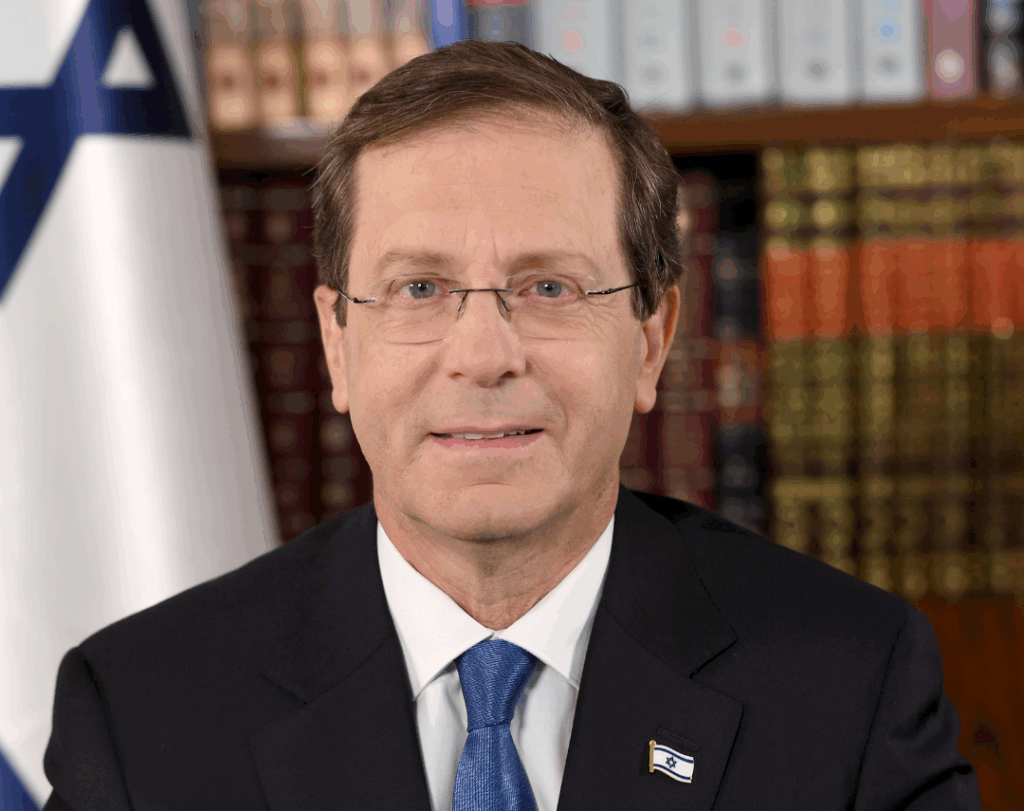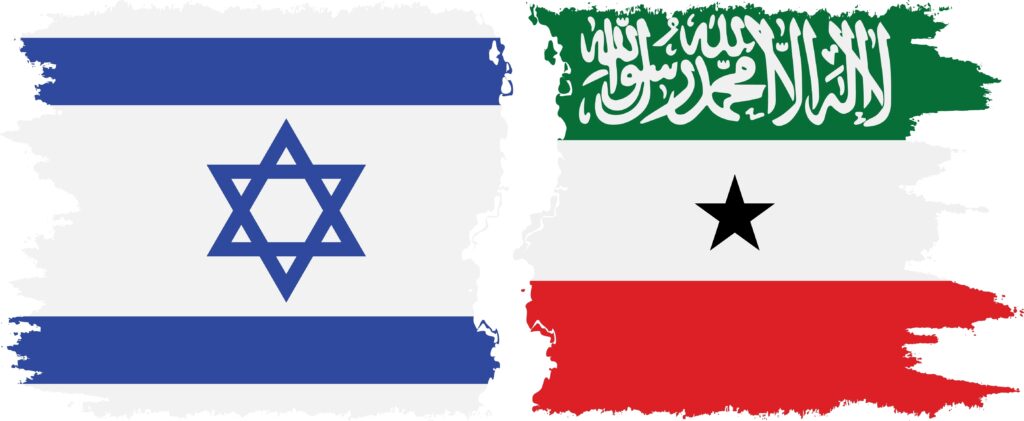UPDATES
The Arab Spring remains mild in Jordan
July 18, 2011 | Geoffrey Levin
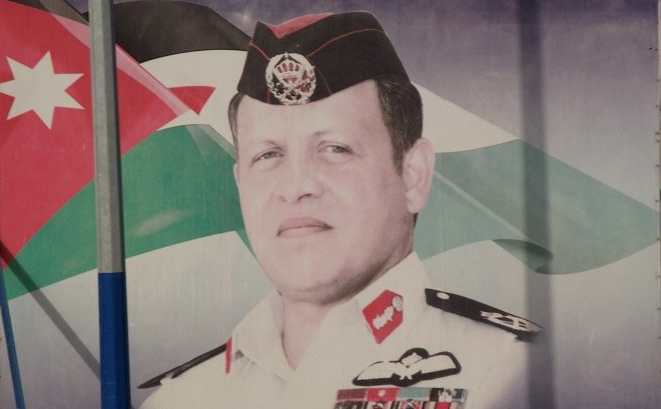
Despite mass violence in Libya, Syria, and Yemen, and leadership changes occurring in Egypt and Tunisia, Jordan has remained relatively quiet, with only limited protests and few deaths. As the Guardian points out:
Jordan has seen sporadic unrest since January but only on a small scale. Opposition demands – supported by youth groups, civil society organisations and Islamists – are for changes within the framework of the Hashemite monarchy. King Abdullah has pledged to pursue reforms that would allow the formation of future governments based on an elected parliamentary majority but gave no date.The slogan “the people want the reform of the regime” was in striking and deliberate contrast to demands elsewhere for the “overthrow” of rulers.
But does a recent act of police brutality signal a shift in Jordan?
On Friday, reports that several Jordanian policemen beat and injured 15 journalists appeared to threaten the peace in a country that has been spared the violent protest movements that have engulfed so many other Arab countries this year. In other places, Arab Spring uprisings escalated after the military or police harmed protesters, initiating the cycle of state brutality and protests against that brutality that has threatened many of the region’s regimes. But the actions of both the government and the victims contrast greatly with those in other countries, and seem to indicate that Arab Spring may continue to manifest itself in a more mild and civil fashion within the Hashemite Kingdom.
Jordan has already embarked on a campaign of damage control in an effort to keep the attack on the journalists from becoming a rallying call for protestors. The state was wise to immediately arrest the accused policemen and form a committee of inquiry into the attacks only a day after the incident occurred. Secondly, the Jordanian parliament took a stance condemning the attacks and categorically rejecting all violence toward journalists in hopes of creating distance between the violence and the government.
Furthermore, the announcement that the Jordan Press Association plans to sue the police department over the beatings may be negative for the government as it signifies discontent, but also shows that the victims still have faith in Jordan’s public courts and institutions. Such an announcement would be unthinkable in other Arab states where protesters seek to topple the entire government.
This does not mean all is well in Jordan, or that major changes in Jordan are impossible in the future. Many remain unsatisfied with Jordan’s reaction to the attack, as shown by a demonstration that recently took place outside of Prime Minister Maaruf Bakhit’s office calling for democratic reforms, an end to corruption, and his resignation. But importantly, the protest only involved around 400 Jordanians and did not criticise the country’s real leader, King Abdullah II, two key factors that highlight the difference between Jordan’s protest movement and those in neighbouring states, which were much larger and more ambitious. As long as Jordanian protests stay limited in both their size and scope, it appears likely the monarchy will remain secure.
Geoffrey Levin
Tags: Jordan

